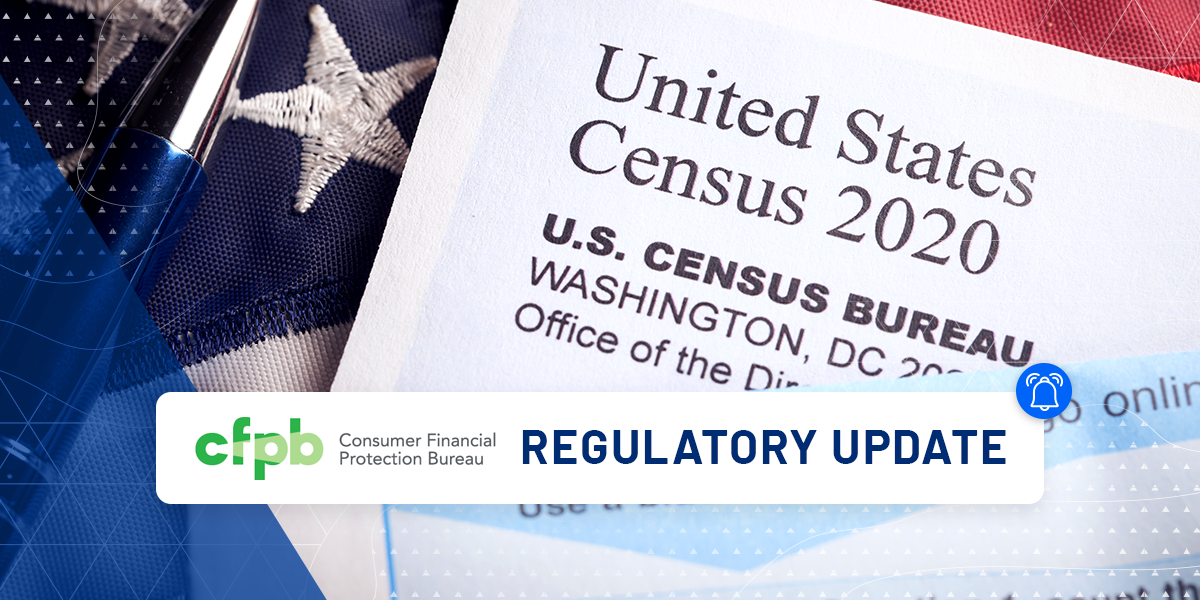Learn more about the Goals Module and its key monitoring and reporting features.



On September 23, 2021, the CFPB issued a report on complaint submission patterns by census tract. The report, called ‘Consumer complaints throughout the credit life cycle, by demographic characteristics,’ is available here.
The report includes a comparison of complaints received by the CFPB in 2018, 2019, and 2020, grouped by what the CFPB calls the ‘credit life cycle’ of loan origination, servicing of performing loans, servicing of delinquent loans, and credit reporting. Key findings include the following:
· Lower-income census tracts, and census tracts with a greater concentration of minority populations, are associated with greater rates of submitting credit reporting complaints and delinquent servicing complaints.
· Higher-income census tracts tend to submit a greater share of complaints about loan origination and performing servicing than lower-income census tracts. There was a large increase in mortgage origination complaints specifically in 2020 from higher-income tracts and tracts with fewer minorities.
· Census tracts with the highest share of white, non-Hispanic consumers submit complaints about loan originations at more than twice the rate as the census tracts with the highest share of Black or African American consumers.
· Census tracts with the highest share of Black or African American consumers submit the most complaints per resident.
The report indicates that these demographic differences in complaints received may point to an inequality of access to credit, especially mortgage credit, that harms those in communities with lower incomes and larger minority populations. It concludes by noting that this research is just a first step in a larger agenda to ‘enrich’ complaint data with other available data that provide social and markets context.
In this blog concerning legal and regulatory matters of interest to the mortgage industry, Sandler Law Group (SLG) provides general information and industry observations that are not motivated by or concerned with a particular past occurrence or event, or a specific existing legal problem of which SLG is aware. Nothing published herein is intended to constitute legal advice and the use of the newsletter by a reader shall not give rise to an attorney-client relationship with SLG. SLG expressly disclaims any representation of accuracy or reliability as to the content of this newsletter, as well as any obligation to maintain such content over time or to ensure it is free from errors. Brad Cope is the attorney responsible for the SLG content of this newsletter. The attorneys of SLG are not certified by the Texas Board of Legal Specialization.
Learn more about the Goals Module and its key monitoring and reporting features.
Learn about the changes of state consumer protection and the responsibility of financial services institutions to pursue operational excellence and a culture of compliance.
Regulatory and technology experts discuss innovation, CRA reforms, and how single-close construction loans are reenergizing rural America.